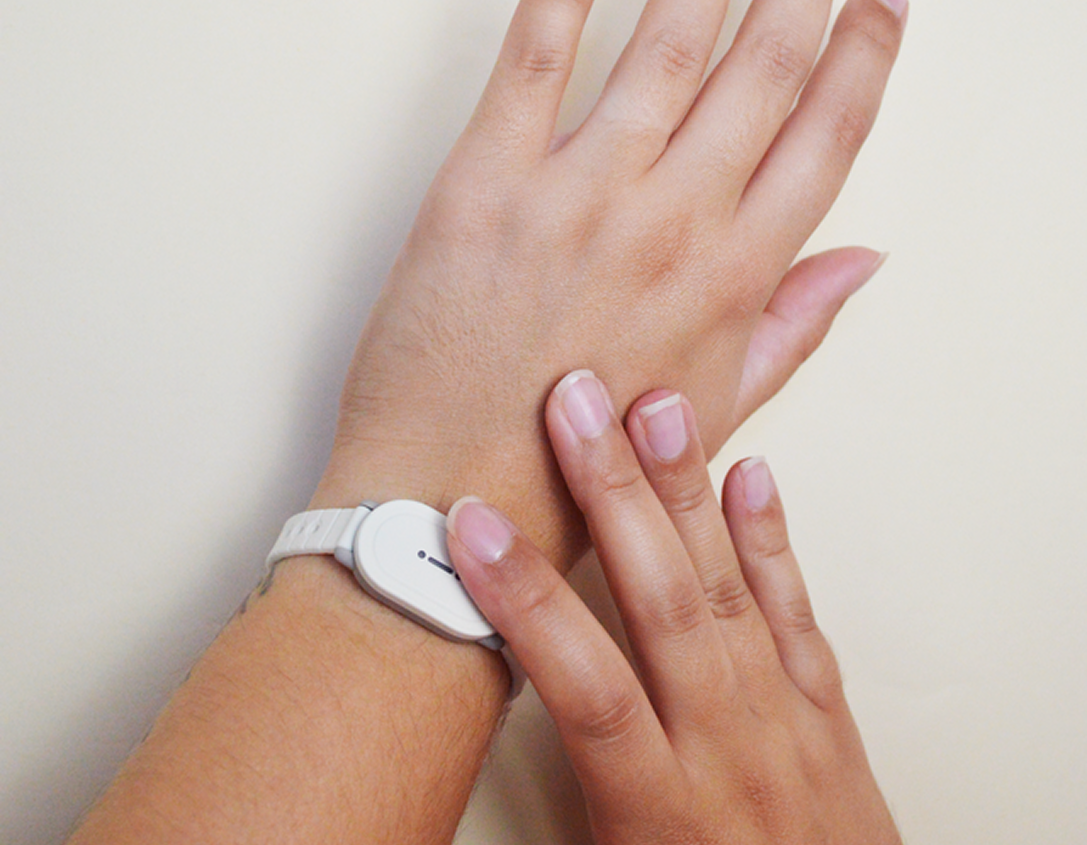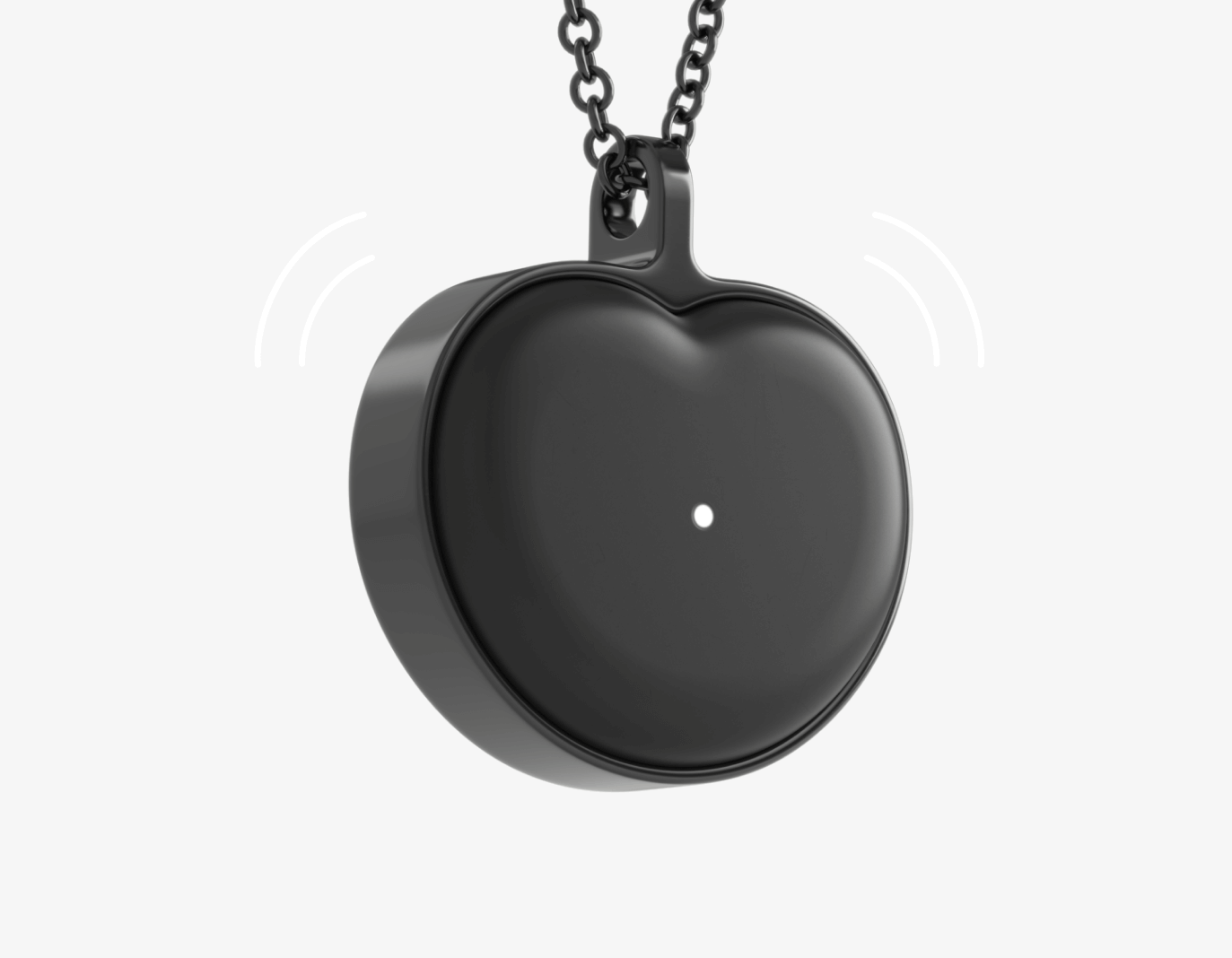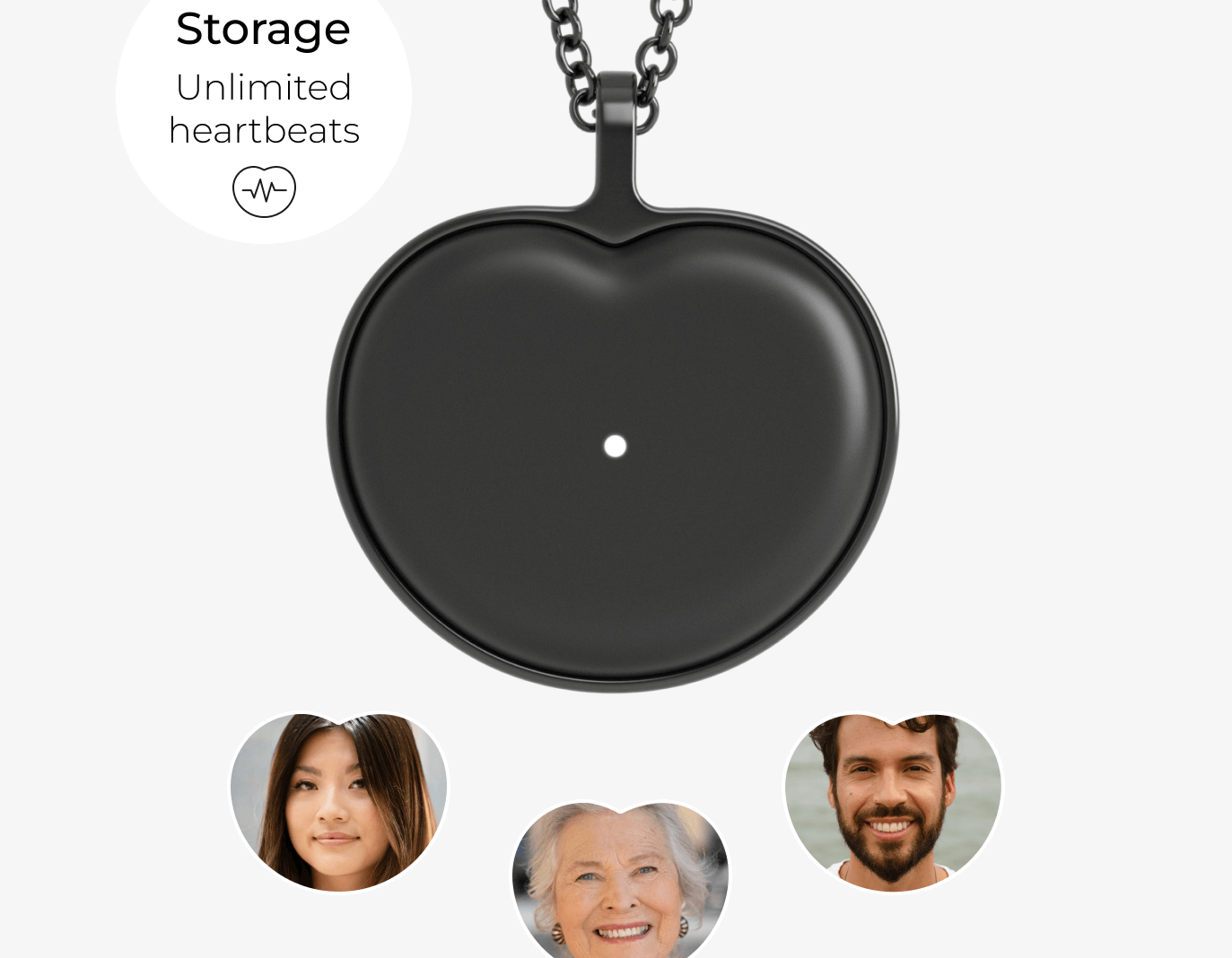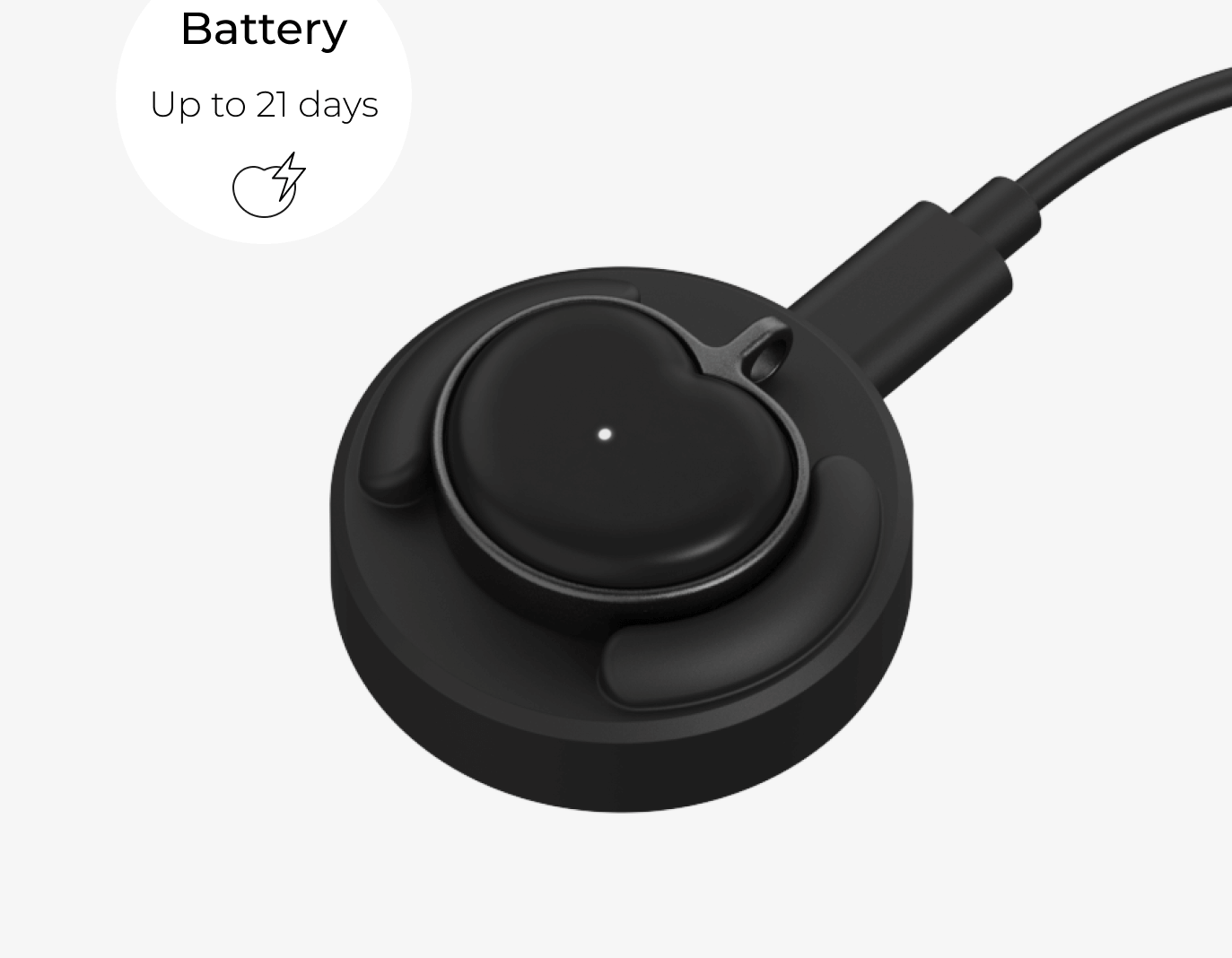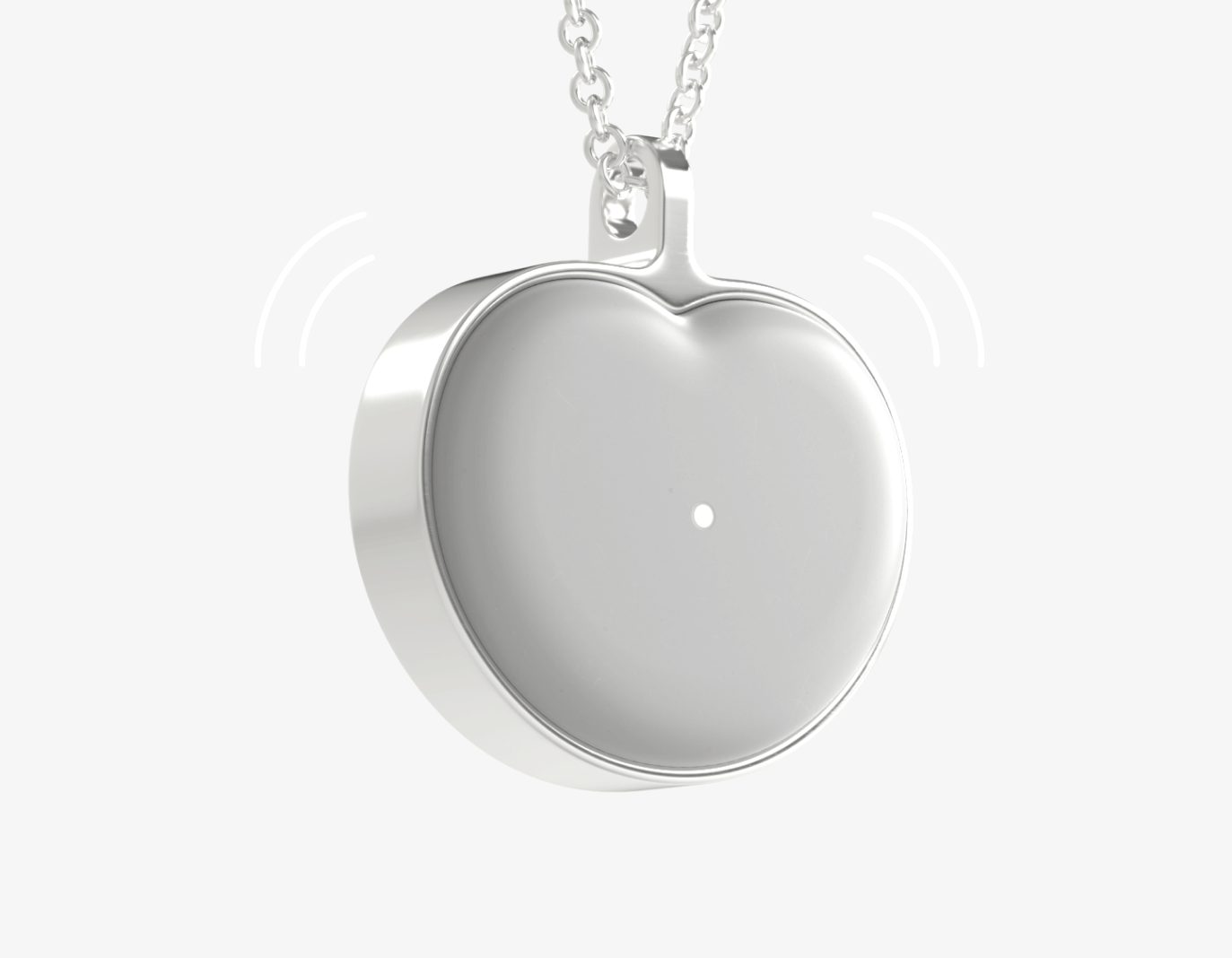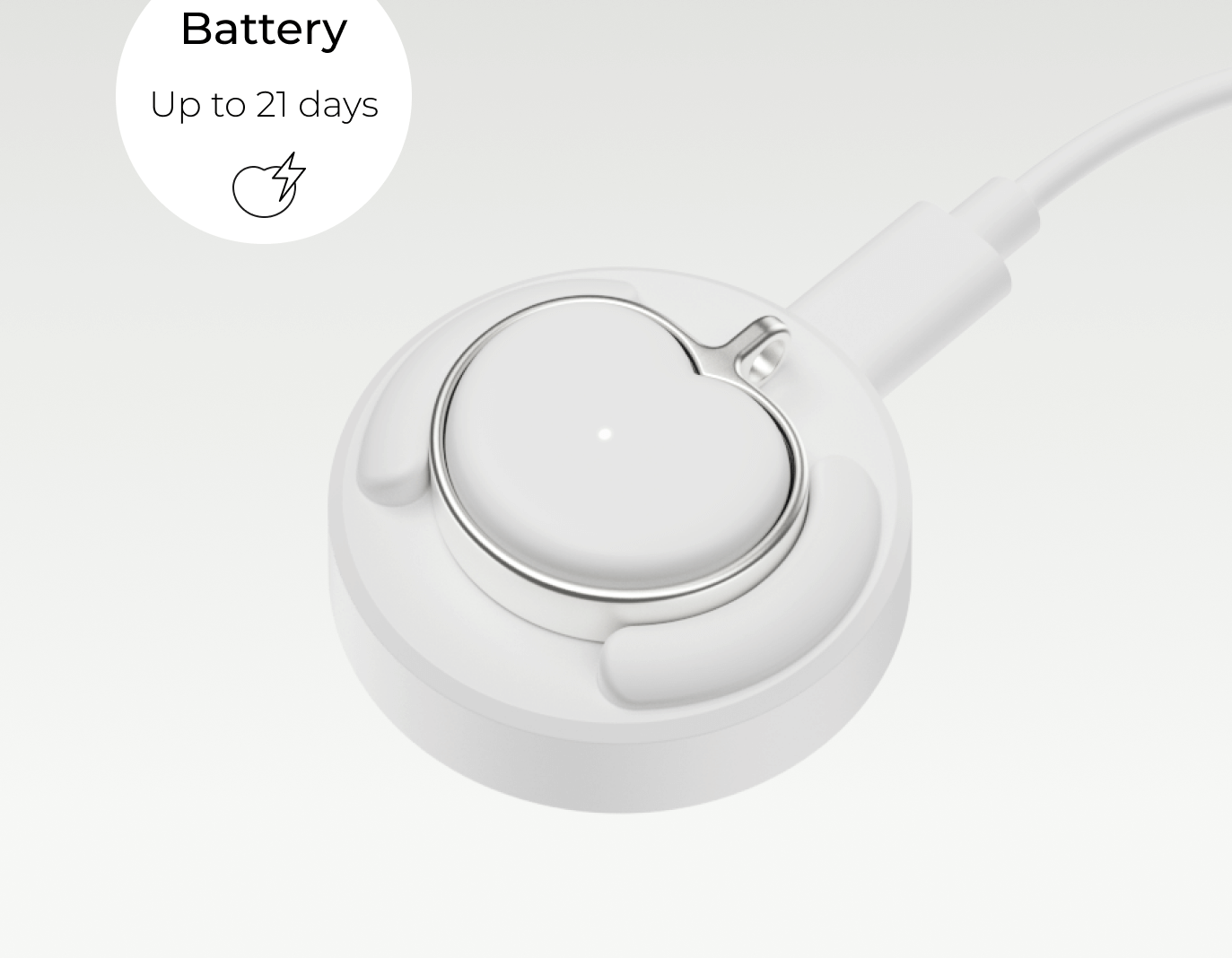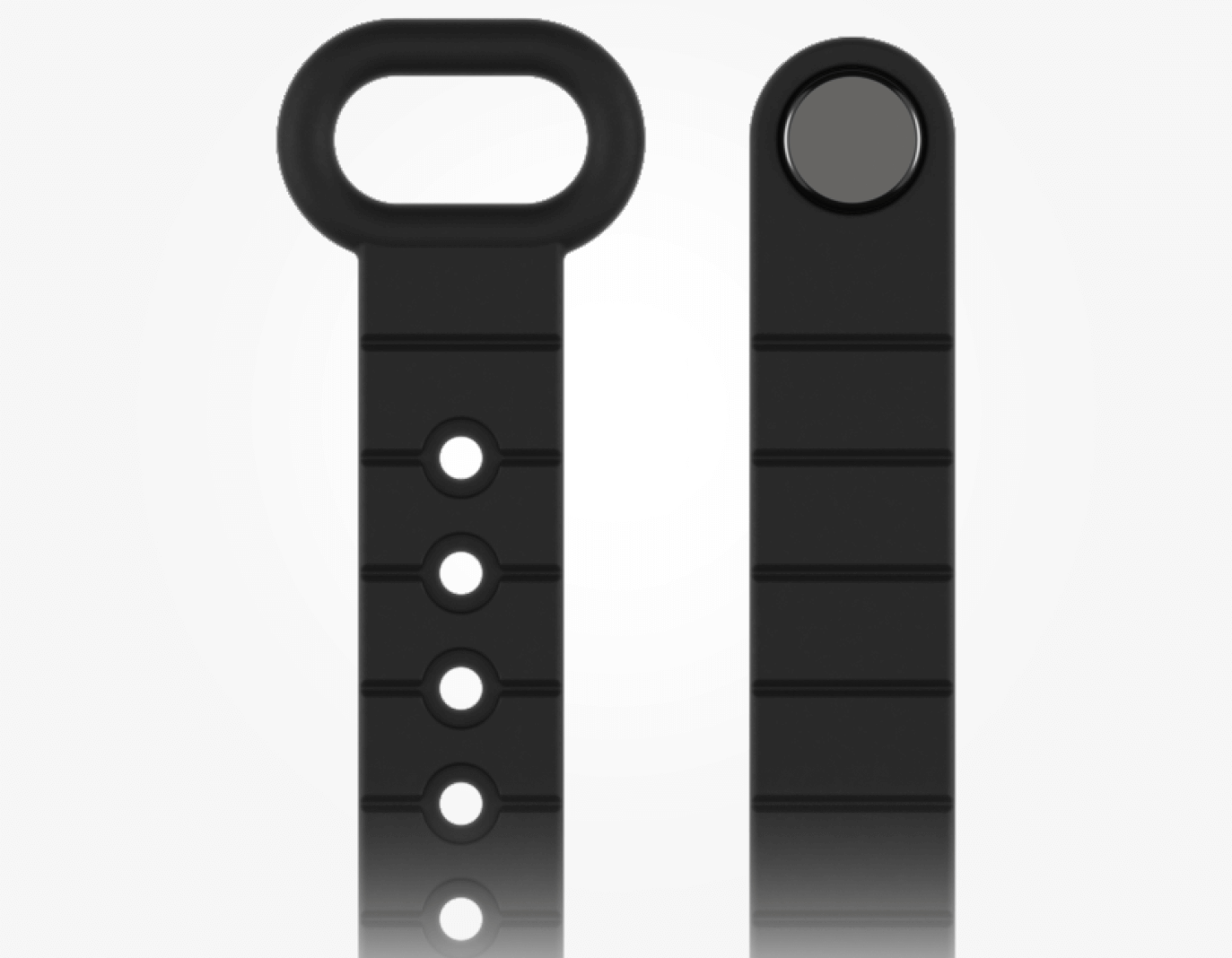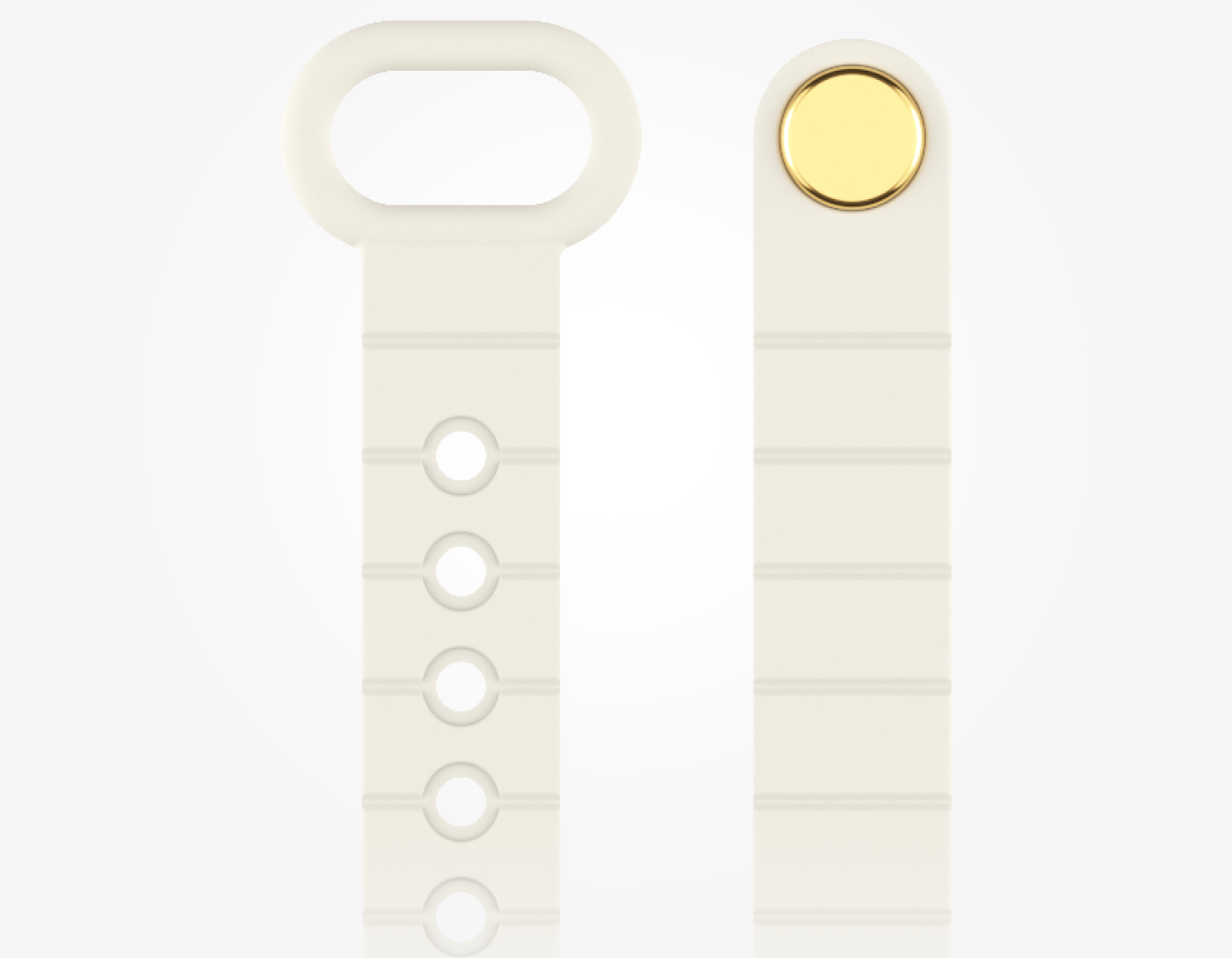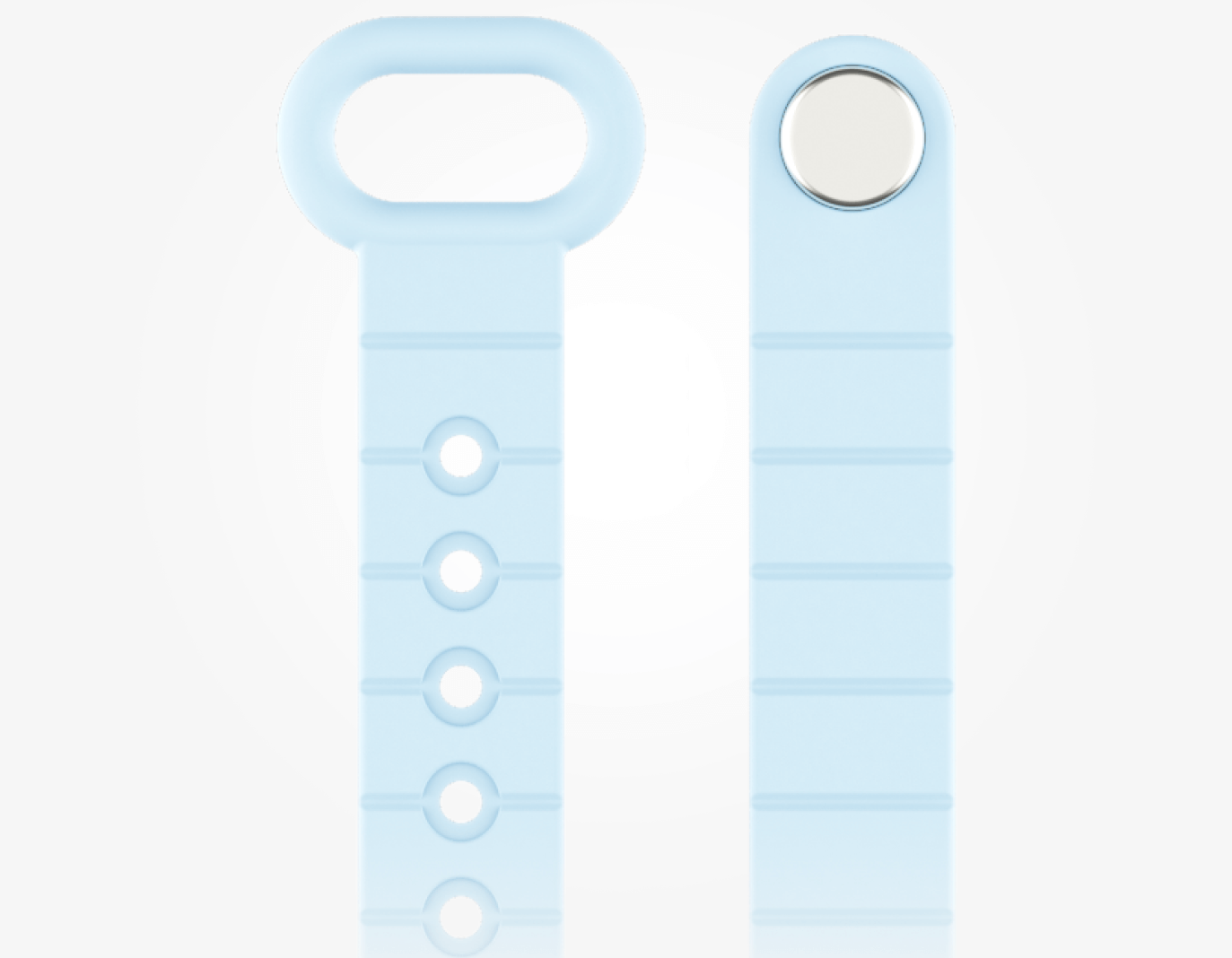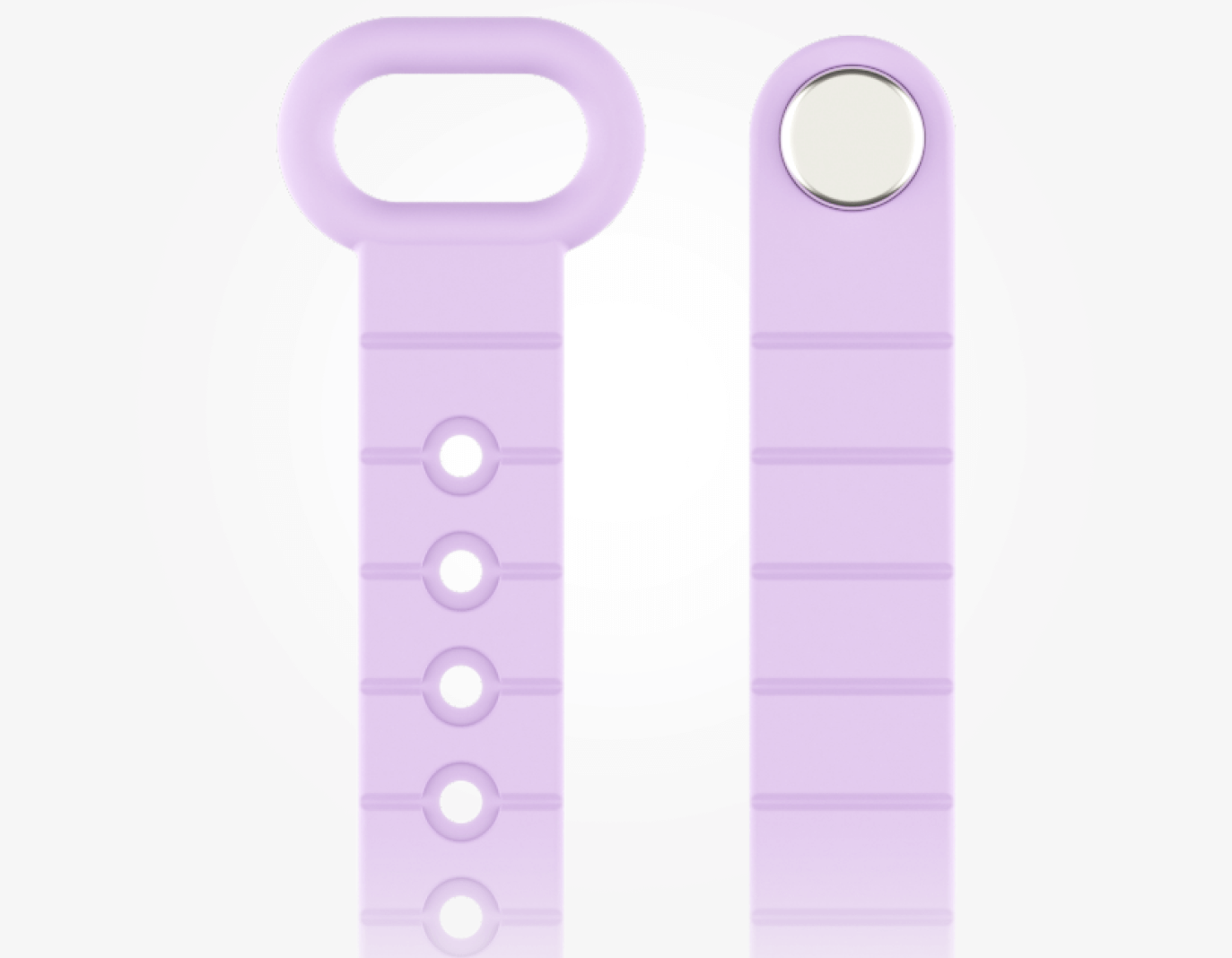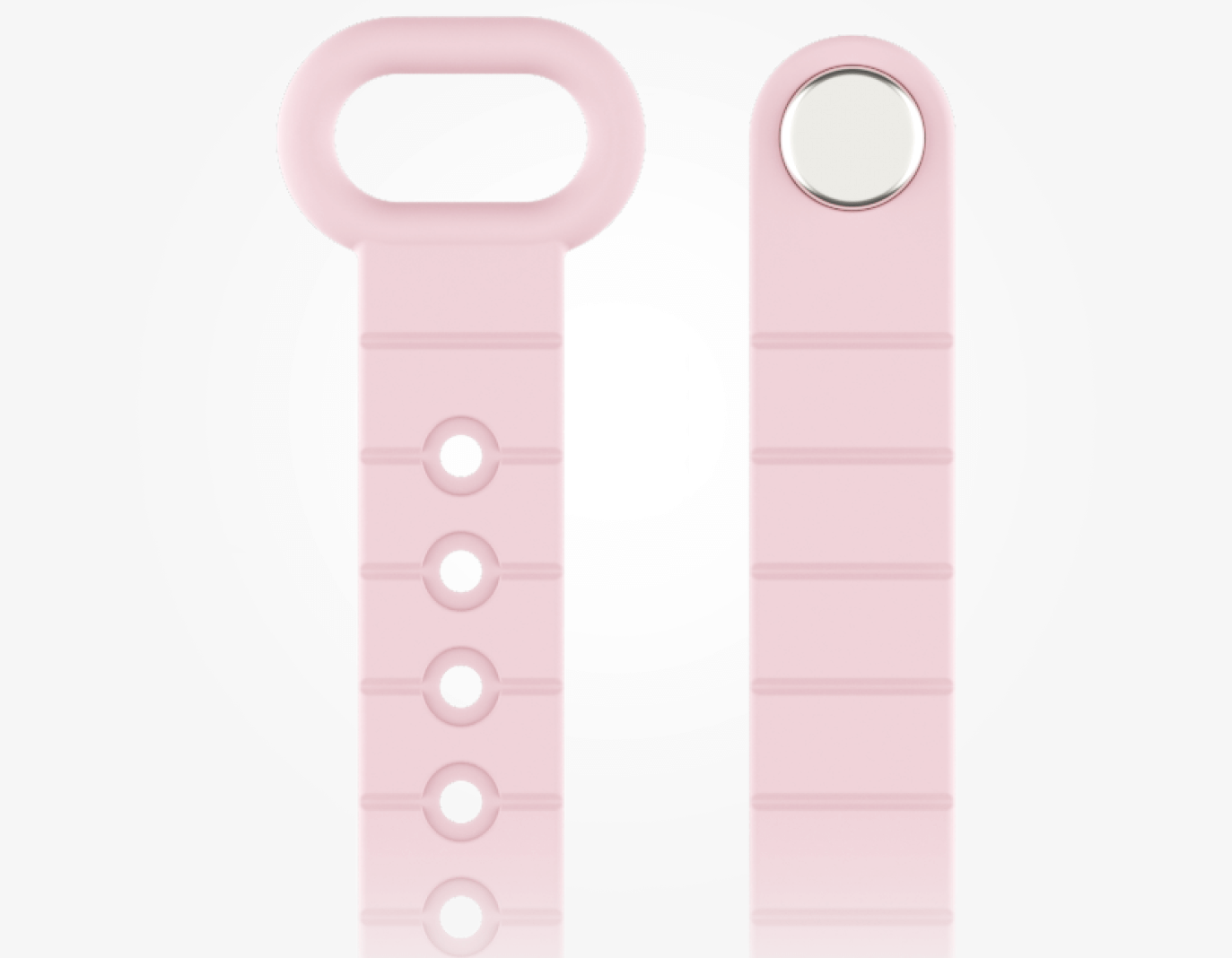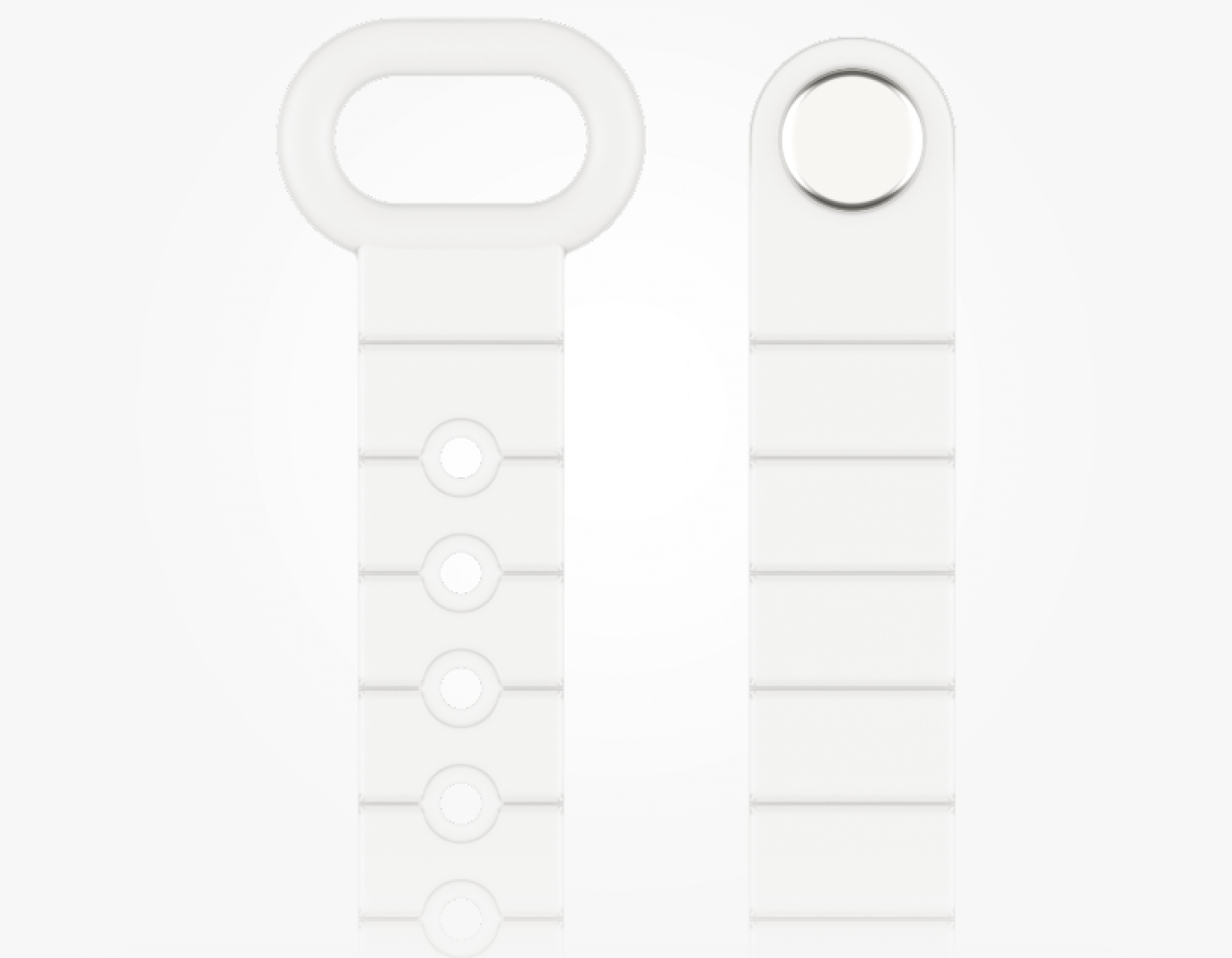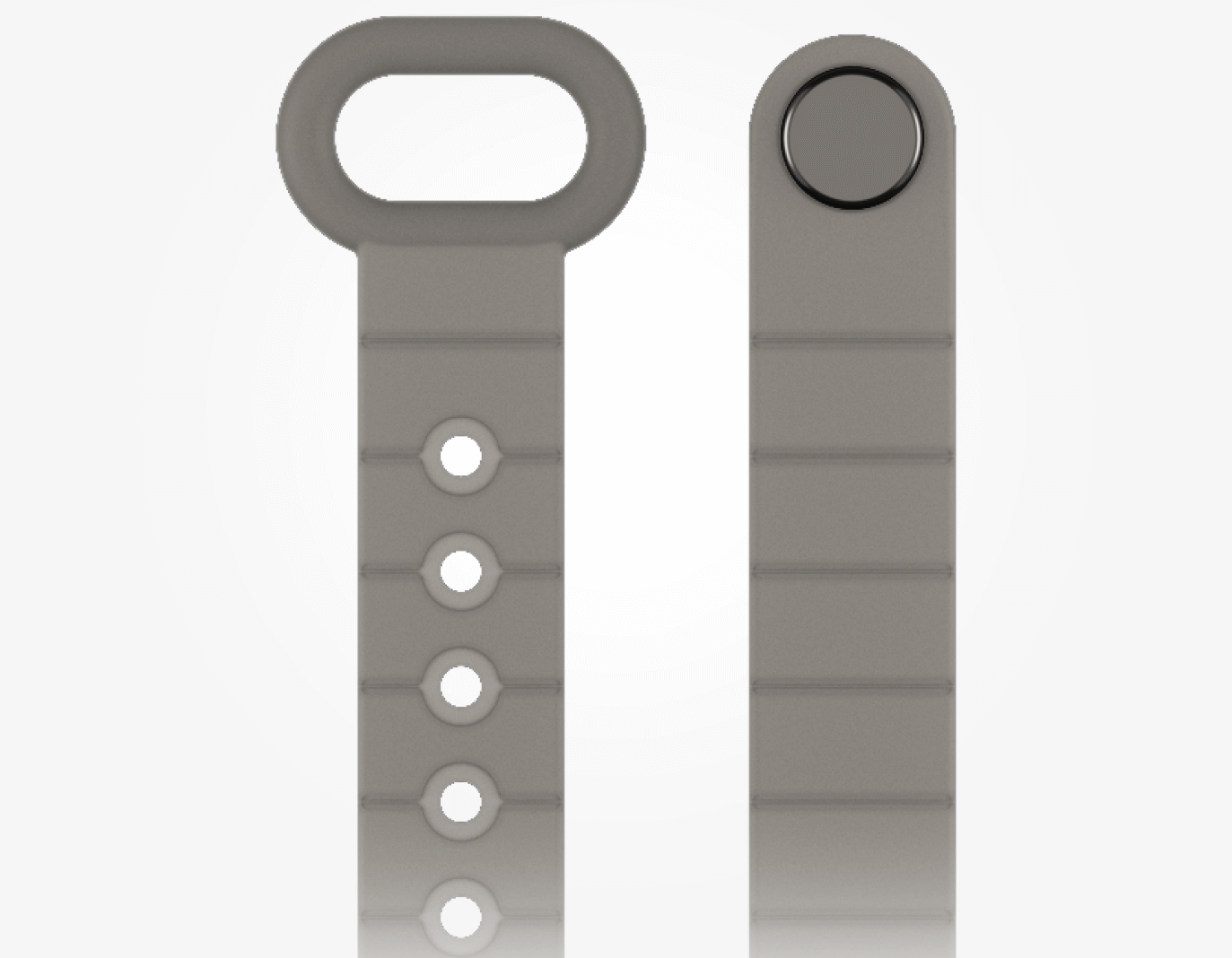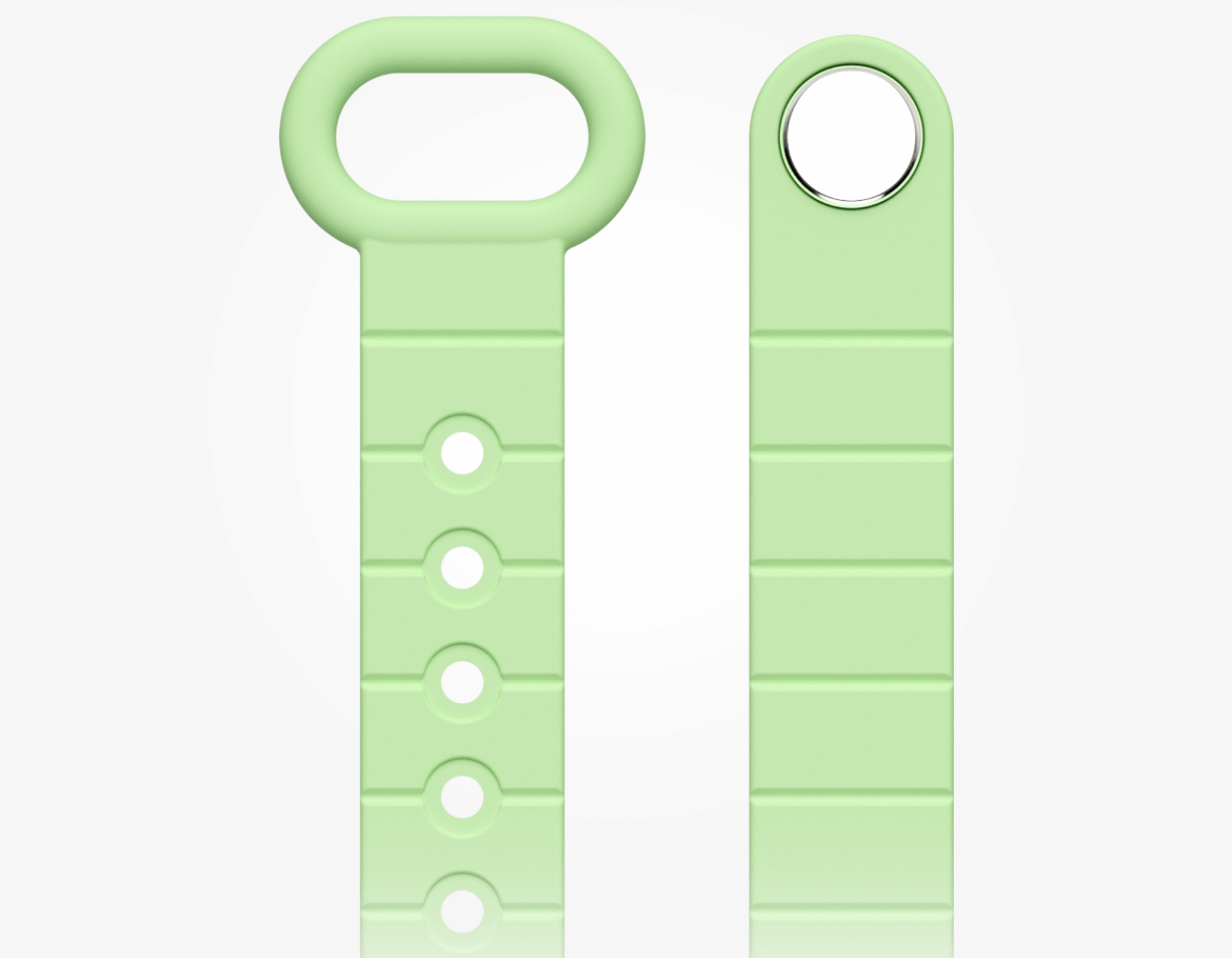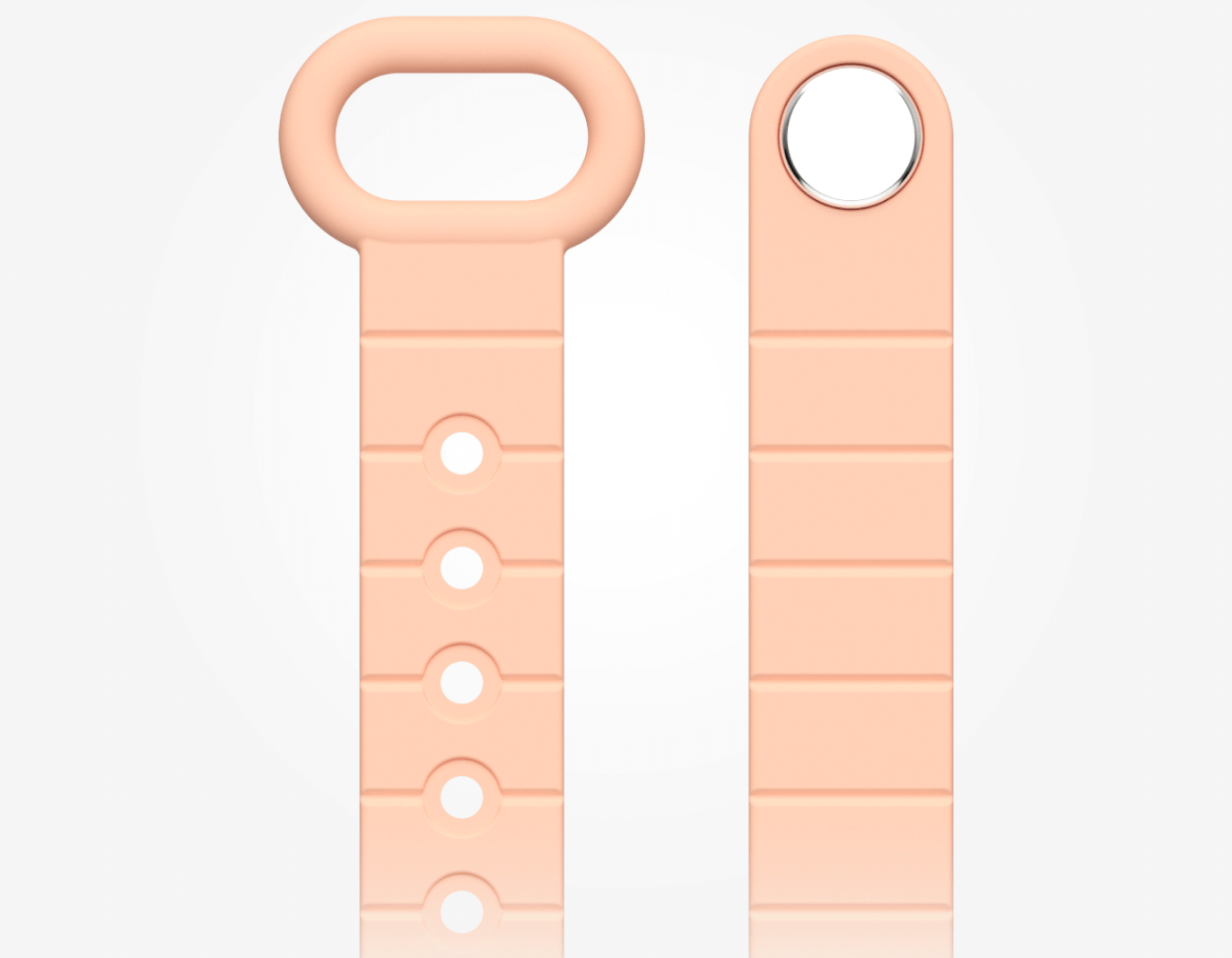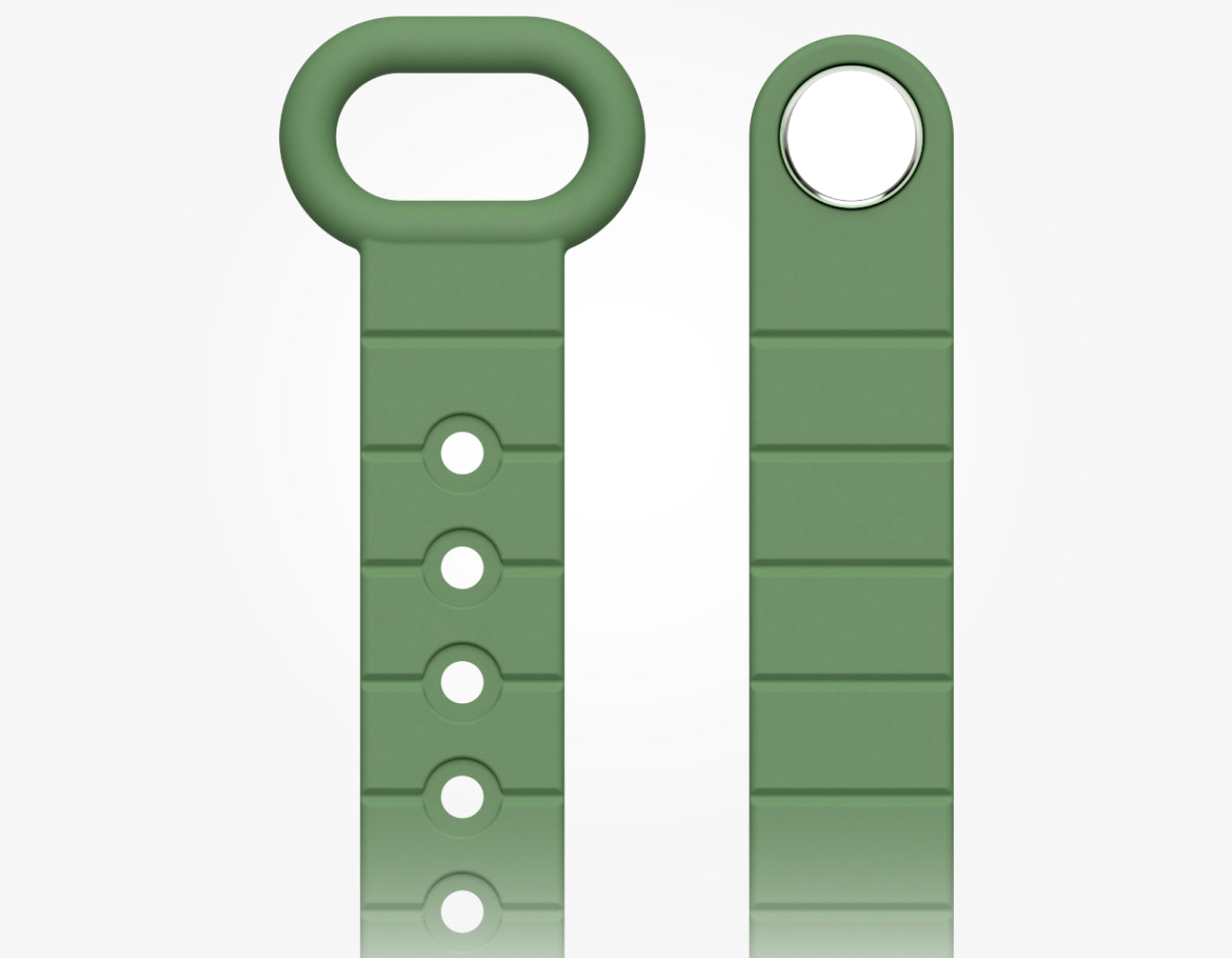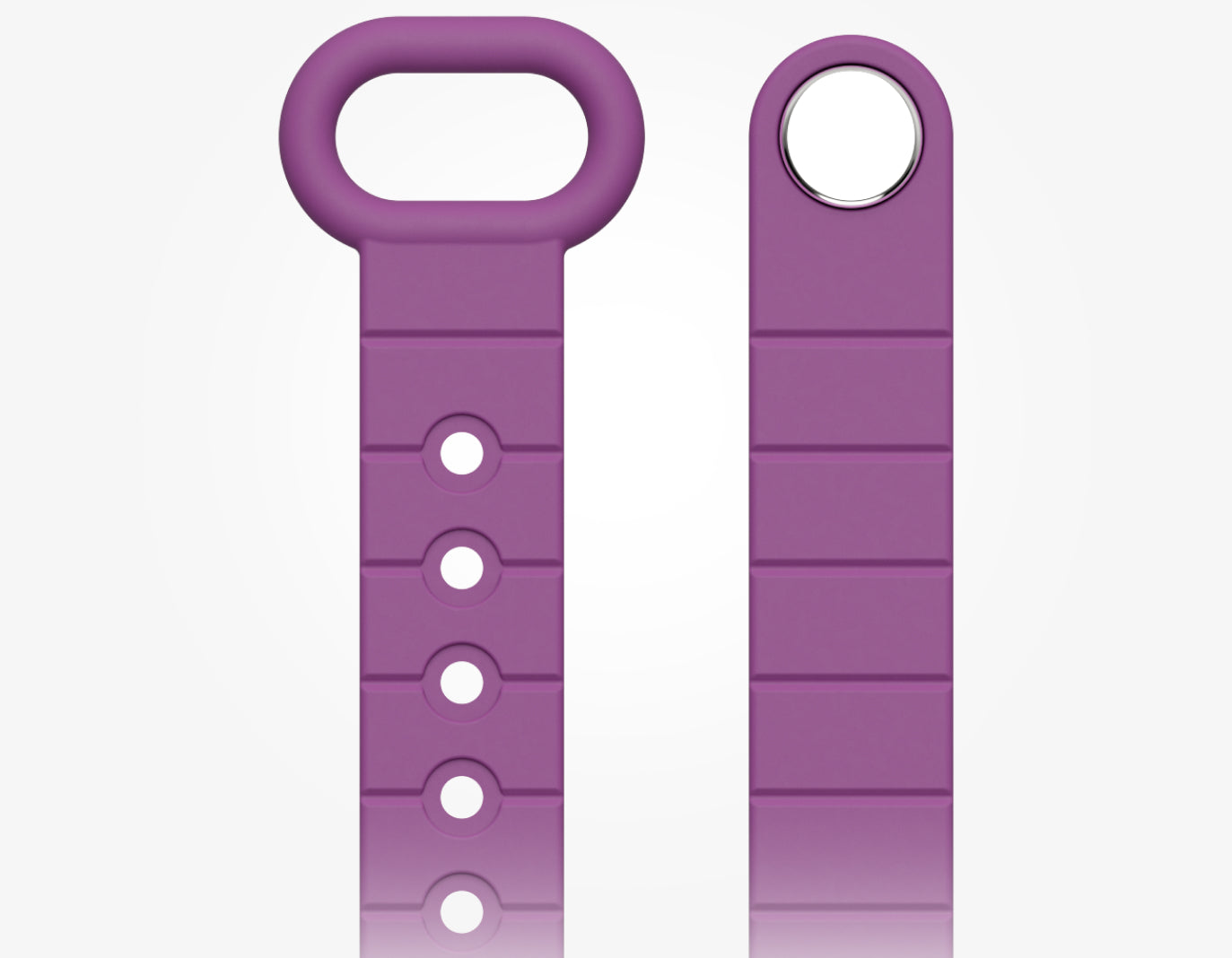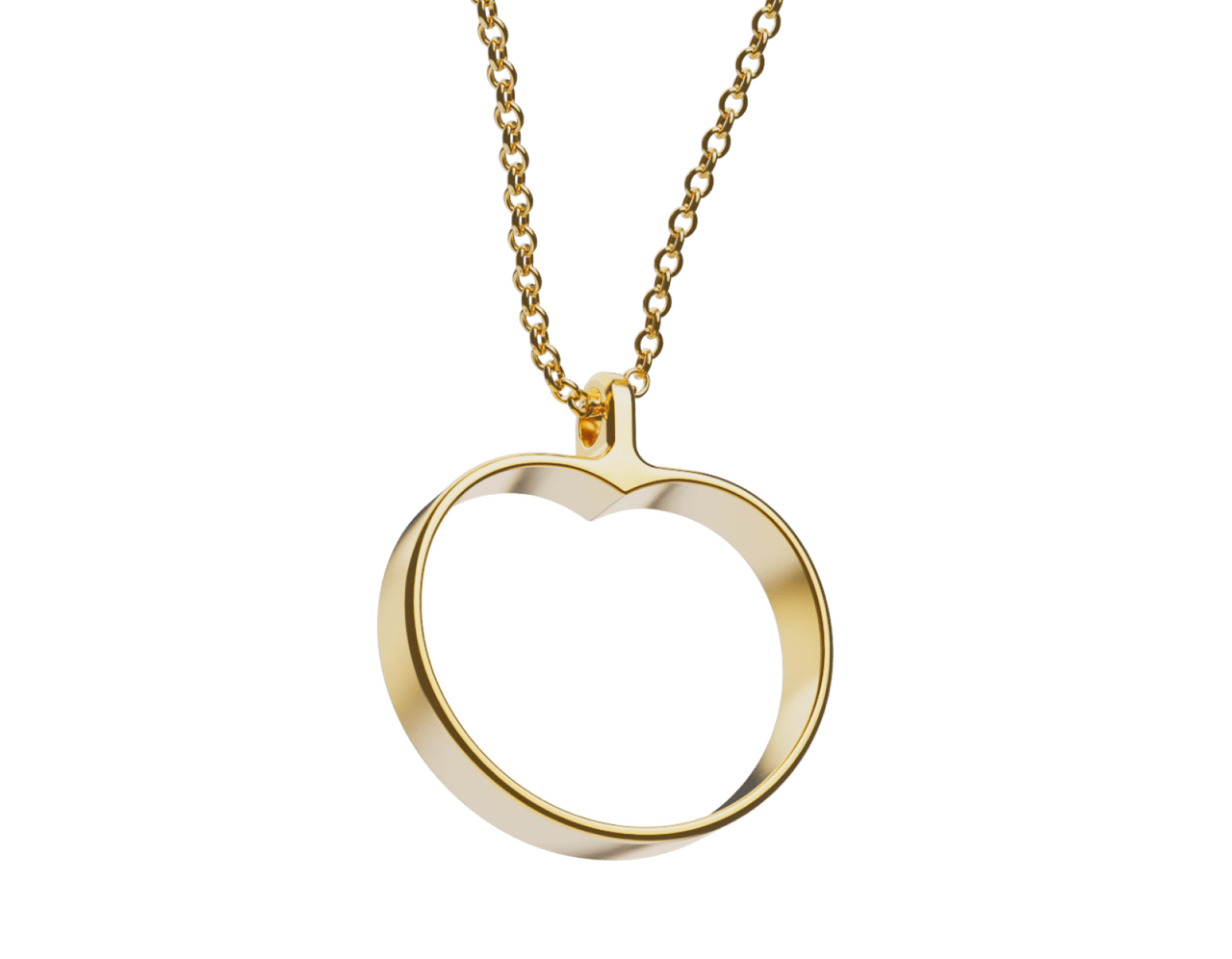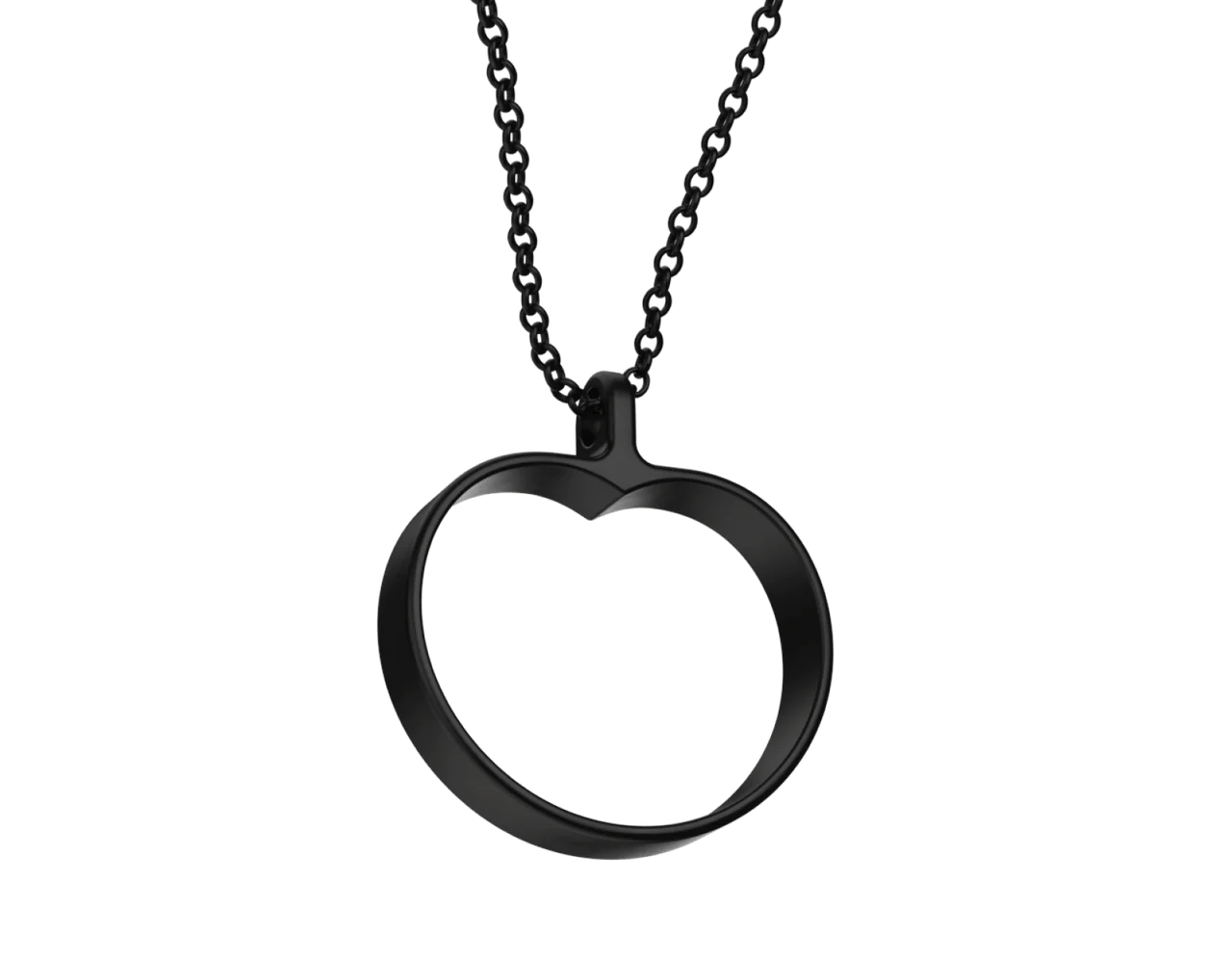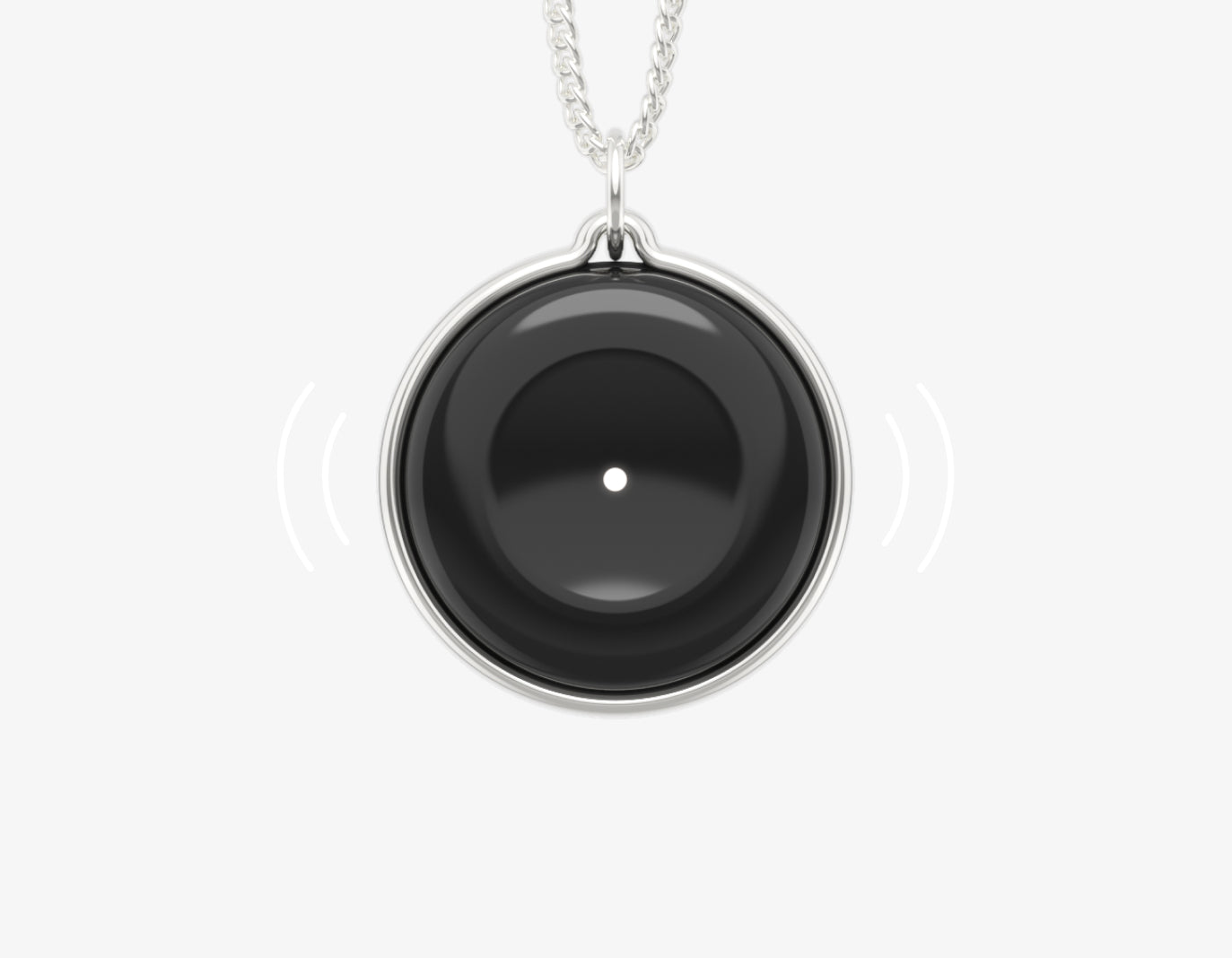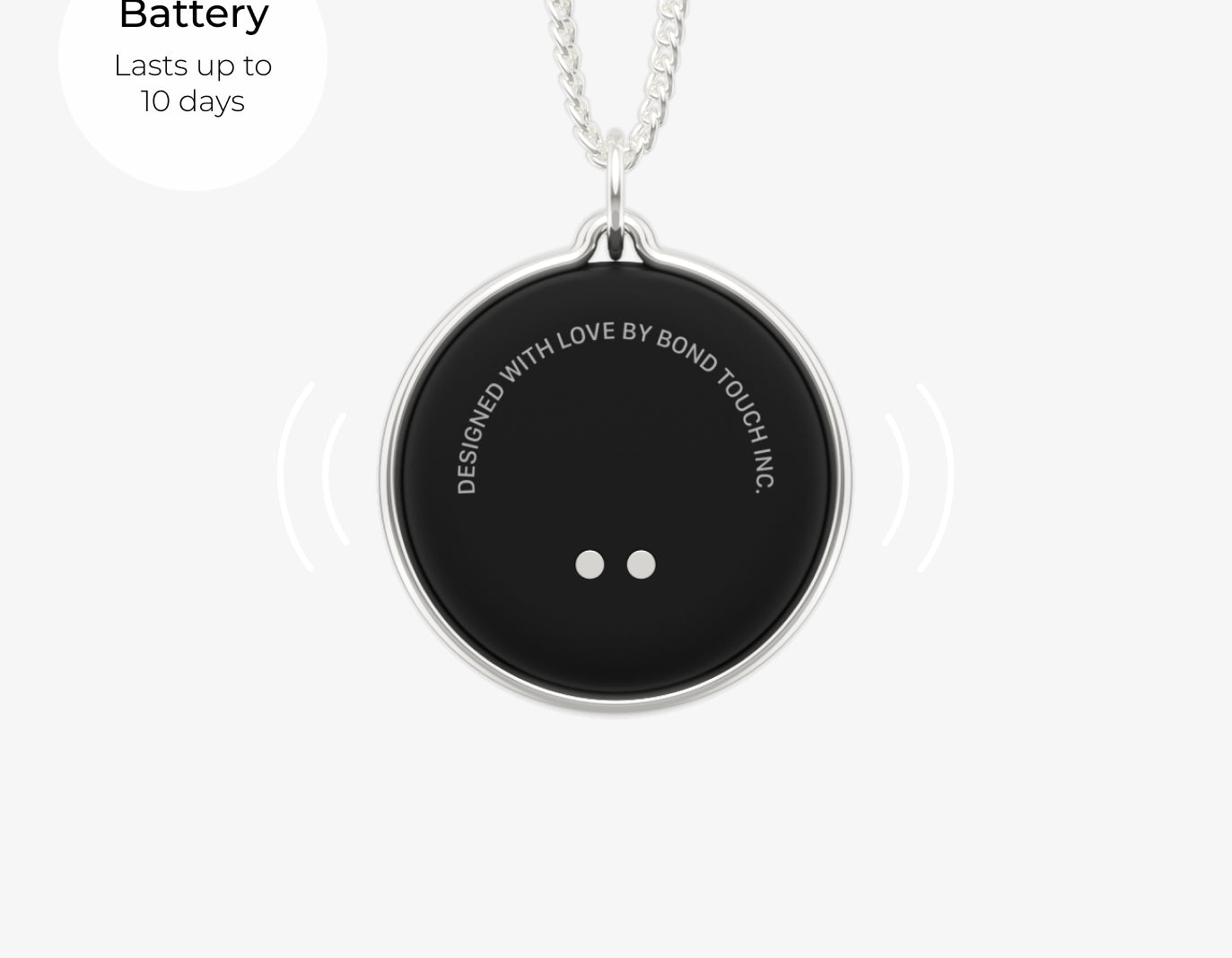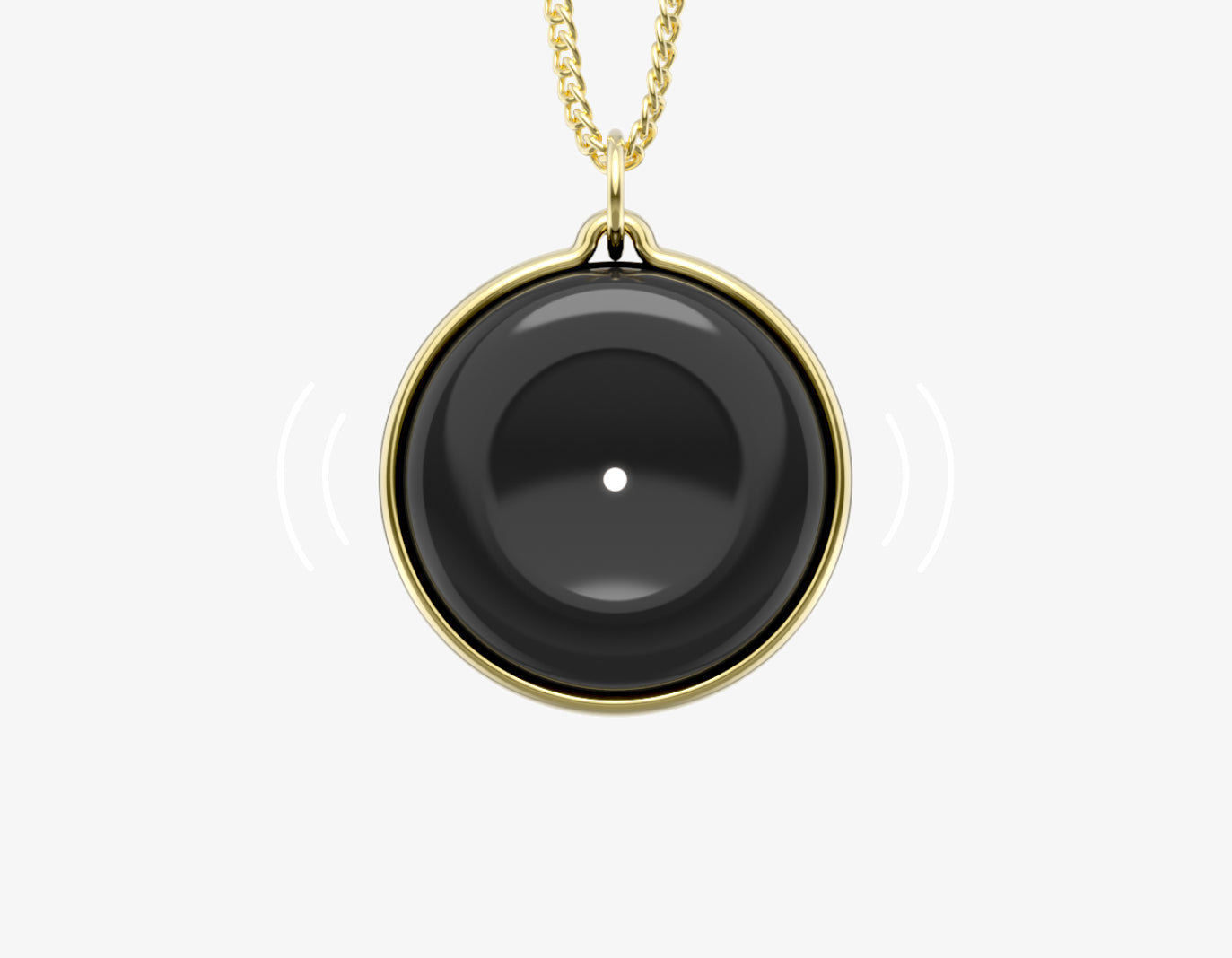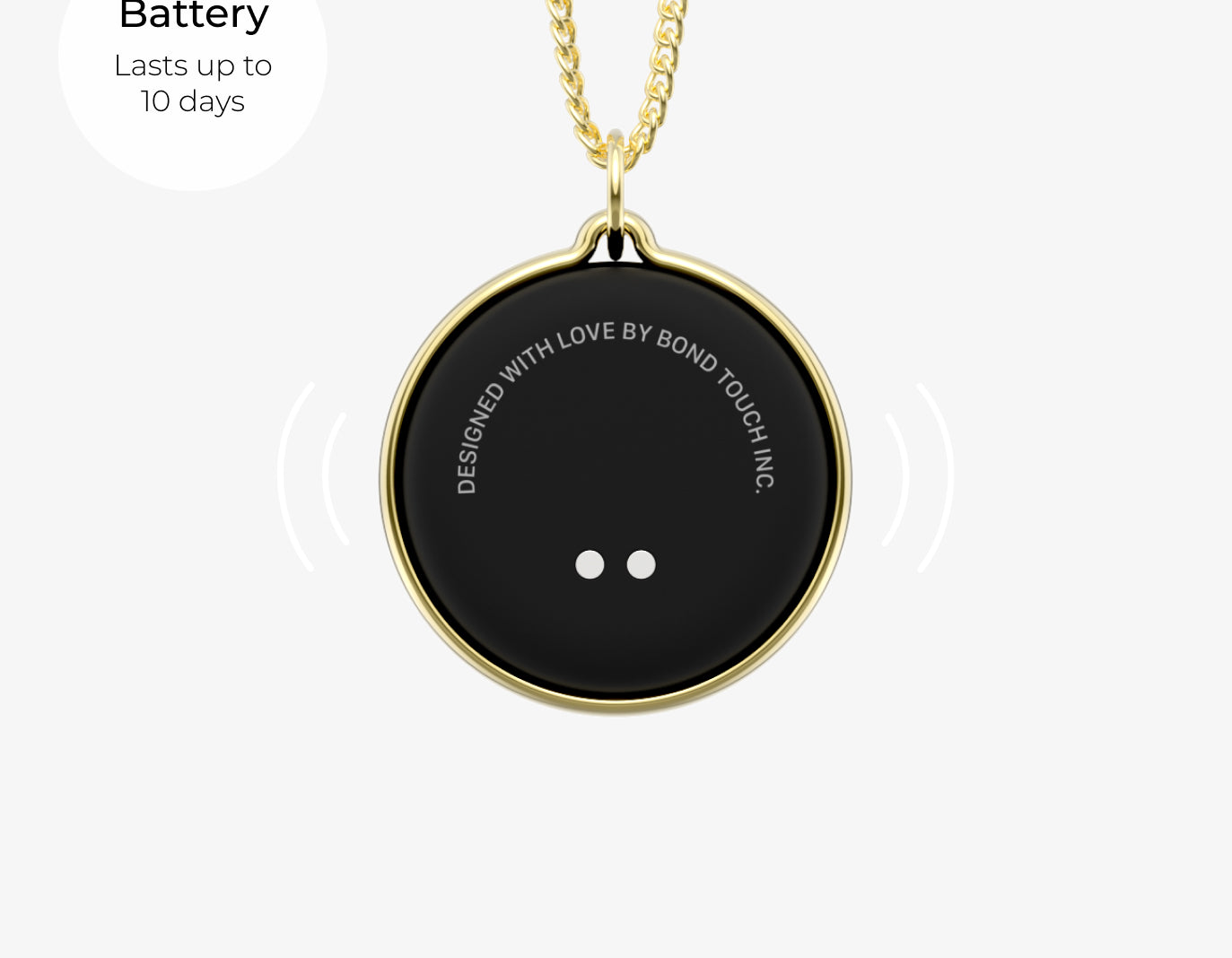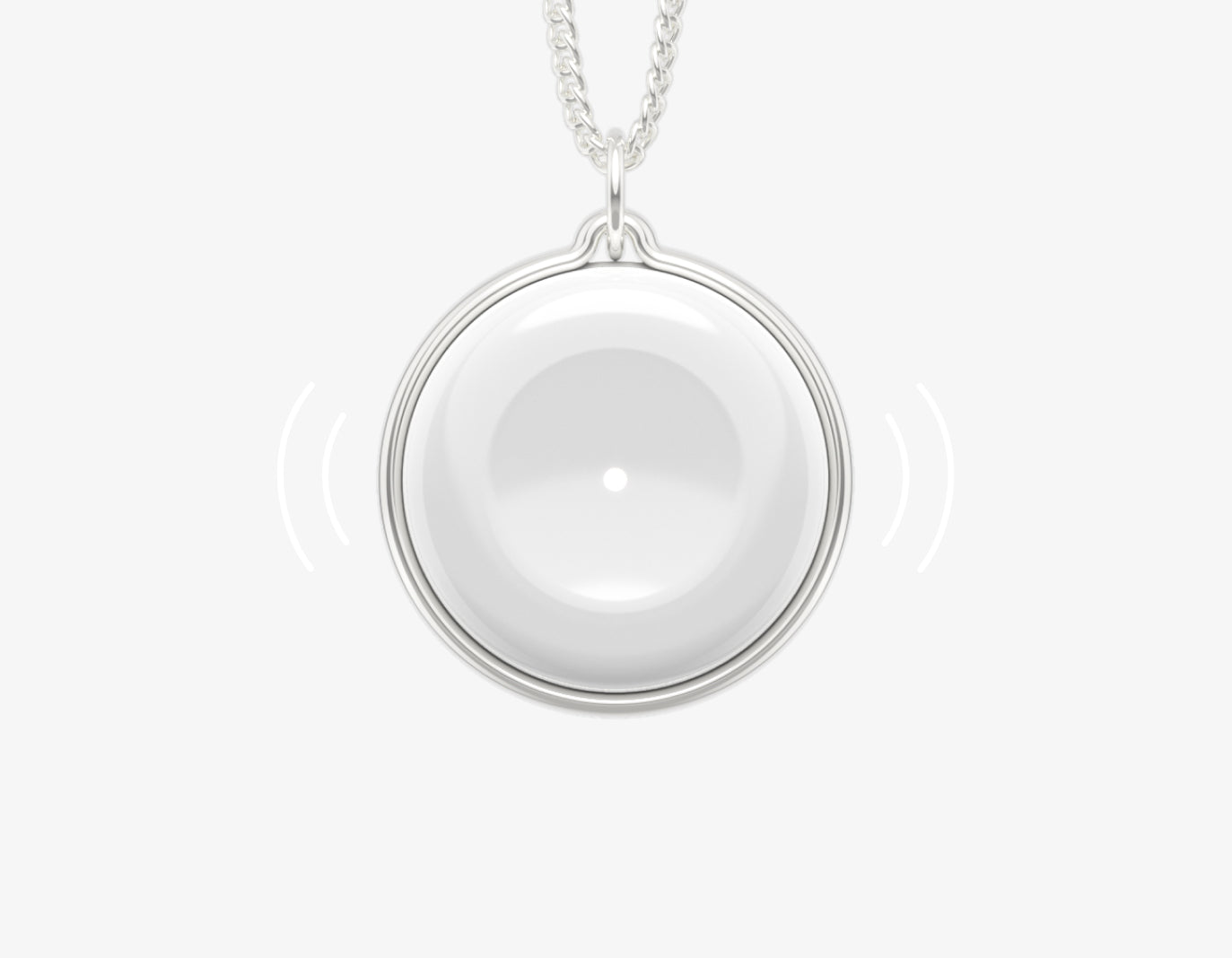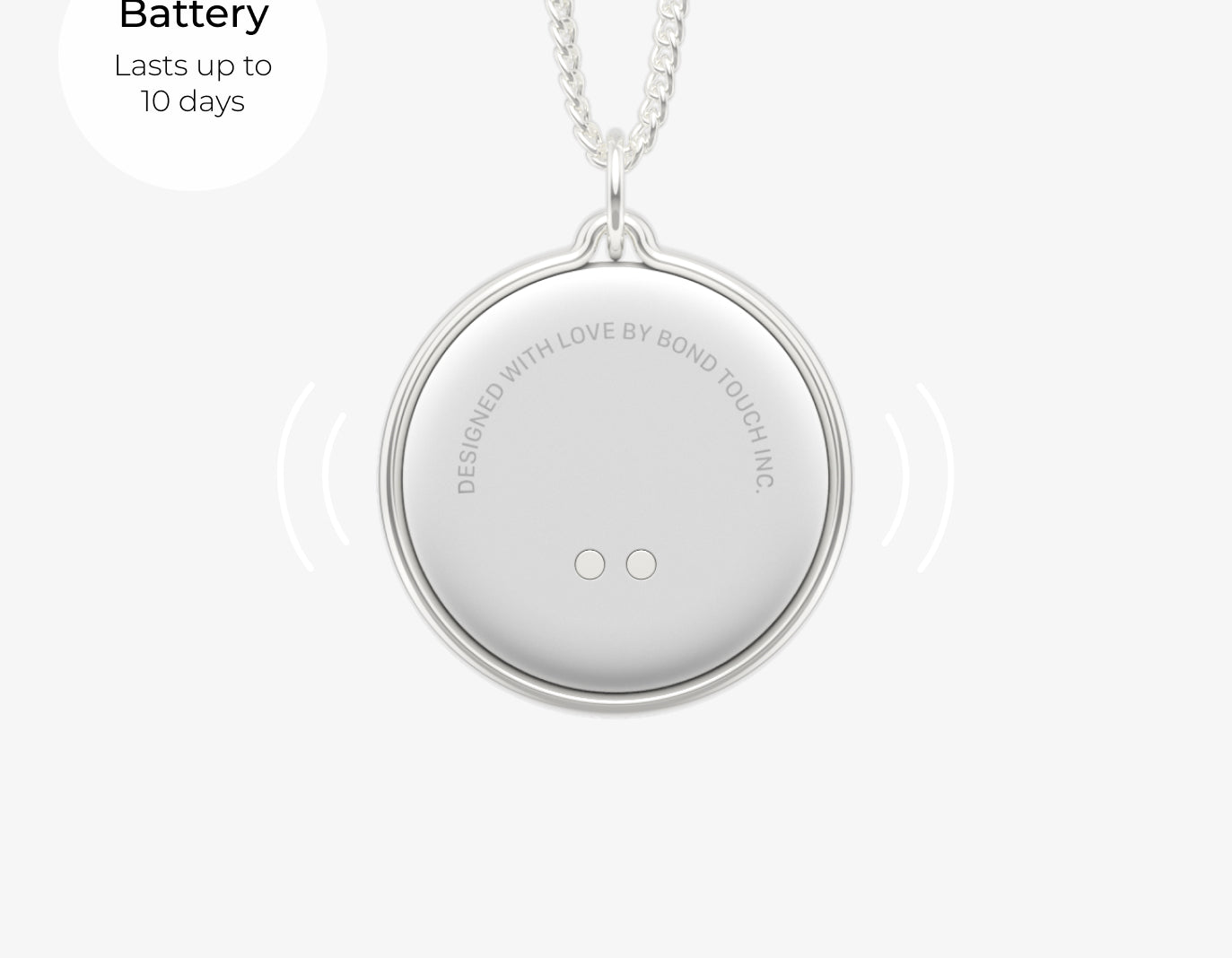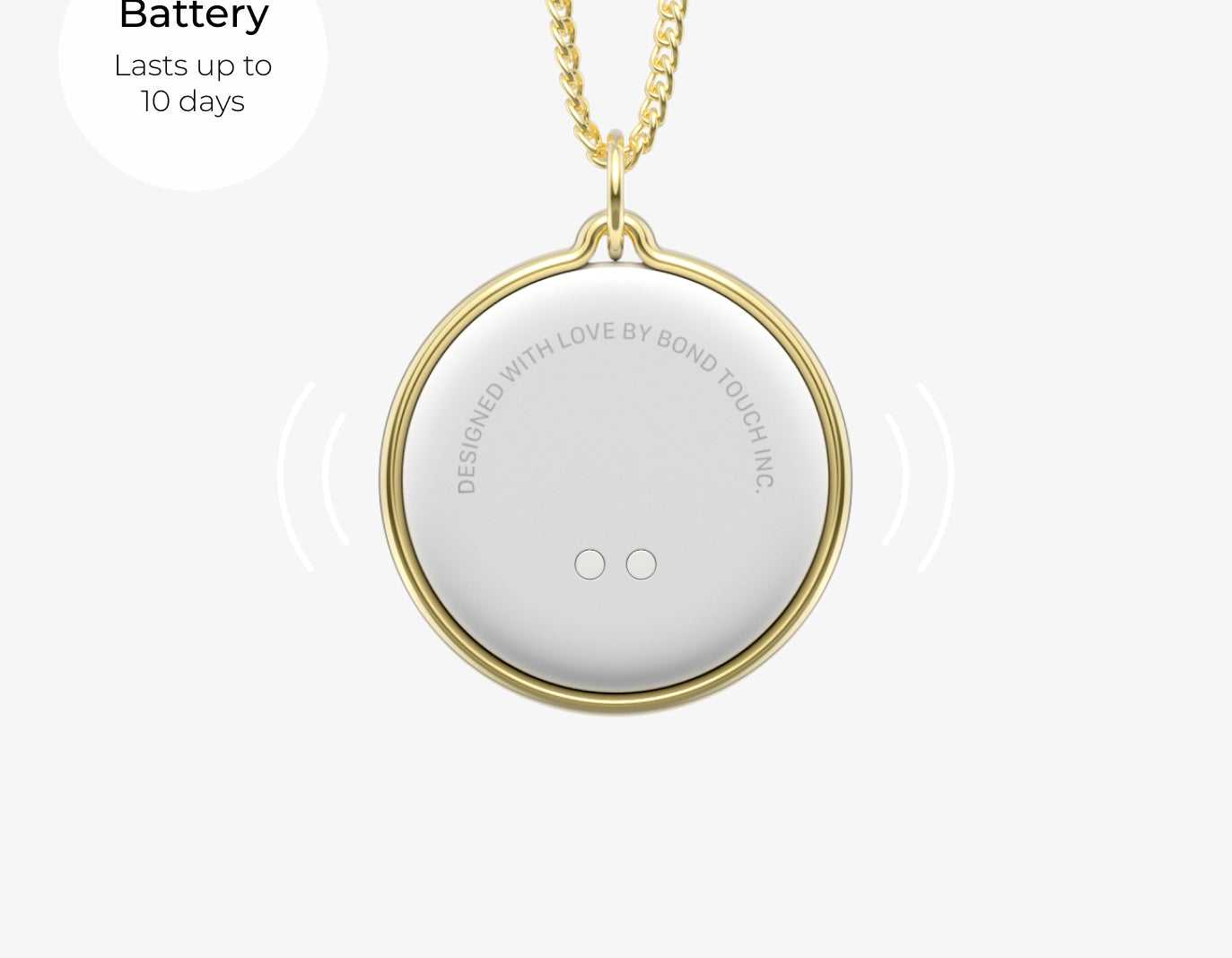Dealing with toxic family members can be emotionally draining and challenging. Whether it's a manipulative sibling, a critical parent, or a judgmental relative, toxic family dynamics can have a significant impact on your mental and emotional well-being.
In this blog post, we'll explore strategies on how to cope with toxic family members while preserving your own mental and emotional health.
Set Boundaries
One of the most effective ways to deal with toxic family members is by establishing clear and firm boundaries.
Decide what behaviors you are willing to tolerate and what you will not accept and communicate these boundaries calmly and assertively. For instance, if a family member tends to criticize you constantly, politely but firmly let them know that such comments are hurtful and unacceptable to you.
Practice Self-Care
Caring for your mental and emotional well-being is crucial when dealing with toxic family members.
Engage in self-care activities that help you relax and reduce stress.
They can be anything that makes you feel good, from regular exercise and meditation to spending time with supportive friends, they can and should all be part of your self-care routine.
Seek Support
Don't hesitate to reach out to a trusted friend, therapist, or support group. Discussing your feelings and experiences with someone who understands or relate can be therapeutic, and can make you feel less alone in this journey.
A therapist can provide valuable strategies on how to cope with toxic family members and this eventually will help you process your emotions related to them.
Practice Empathy
Try to understand the root causes of your family members' toxic behavior.
Often, their actions are a reflection of their own unresolved issues and insecurities, and while this doesn't excuse their behavior, it can help you approach the situation with empathy, which can lead to more productive conversations and interactions.
A better understanding about the root cause can make you feel more prepared to face their behaviours.
Limit Contact
Sometimes, reducing or even cutting off contact with toxic family members may be necessary for your well-being.
We know that our society often places a heavy emphasis on the importance of family, and while healthy family relationships are undoubtedly valuable, it's essential to remember that you are not obligated to endure toxic behavior simply because you share a bloodline with someone
Not all family dynamics are positive, and you're not required to tolerate abusive or harmful behavior from no one (not even yourself!).
It's important to prioritize your mental health, and if a family member consistently brings negativity into your life, limiting or ending contact can be a tough but necessary decision.
Your personal happiness and safety should always come first, regardless of societal expectations. Remember, you can choose your own path and create a supportive network of friends who become your "chosen family."
Focus on Your Goals
Shift your focus from the toxic family member's behavior to your personal goals and aspirations without caring about what they will think.
Concentrate on building your own life and pursuing your passions. This can help you regain a sense of control and purpose, which can be empowering in dealing with toxic family dynamics.
Develop Resilience
We know that this word is a bit worn out lately, but building emotional resilience is essential when dealing with toxic family members.
Strengthen your ability to bounce back from adversity by practicing mindfulness, positive self-talk, and cultivating a growth mindset. These skills can help you remain emotionally stable during difficult interactions.
Consider Family Therapy
If the situation allows and all parties are willing, family therapy can be an effective way to address underlying issues within the family.
A trained therapist can facilitate productive conversations and guide the family toward a healthier dynamics.
Conclusion On How To Cope With Toxic Family Members
Coping with toxic family members is not easy, but it's crucial for your mental and emotional well-being.
By setting boundaries, practicing self-care, seeking support, and focusing on personal growth, you can navigate these challenging relationships more effectively and if nothing like this works, you always have the choice of limiting your contact with them.
Remember that your mental health should be a top priority, and it's okay to distance yourself from toxic family members if necessary. Healing and moving forward are possible with the right strategies and support in place.
Stay safe!
































